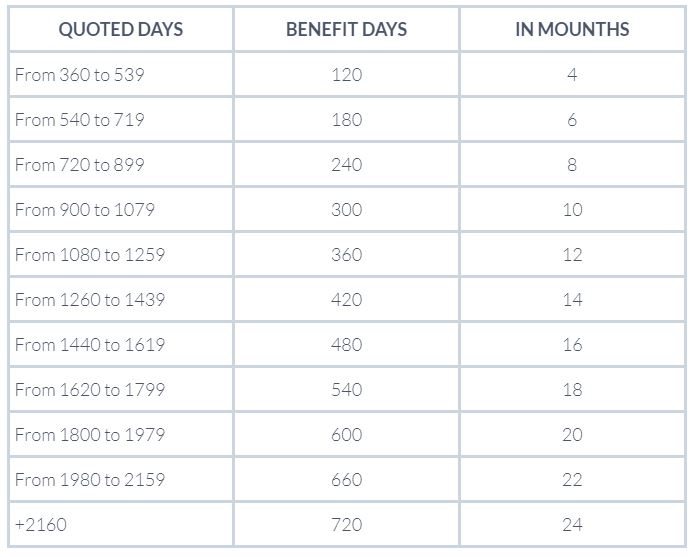On October 4, 2022, Organic Law 12/2022 came into force, which amends Organic Law 5/1985, of June 19, 1985, on the General Electoral System, which, since 2011, established the obligation of Spaniards living abroad to request or beg to vote.
Before the aforementioned reform, expatriate nationals had the obligation to «beg» to be granted the right to vote, generally to an electoral authority in their place of residence.
The limitation, which came into force in January 2011, raised several controversies, linked not only to the inconsistency of the obligation to request what is a constitutional right recognized to all citizens, but also derived from the cumbersome bureaucratic procedure that this request entailed: first of all, the short period of 25 days from the date of the convocation of the elections and the absence of a clear and unified procedure regarding the request for requesting the right to vote.
As a result of this reform, Spaniards abroad will receive the necessary documentation ex officio, by the Provincial Delegations of the Electoral Census Office corresponding to the address of registration of each person of Spanish nationality registered in the census of resident-absentee voters living abroad.
Likewise, the deadline for the deposit of the ballot in the ballot box is extended from 3 to 7 days and the possibility of downloading the ballot paper telematically is introduced, which will allow considerably shortening the deadlines for sending the documentation.
This is, as can be understood, a great step forward towards the debureaucratization of the system of voting from abroad, with the aim of facilitating the exercise of this right by all expatriate Spaniards.
If you are interested in how the new law on «beg» voting affects you, do not hesitate to contact us. Our team will inform you about the change made by the Spanish government for Spanish expatriates.


